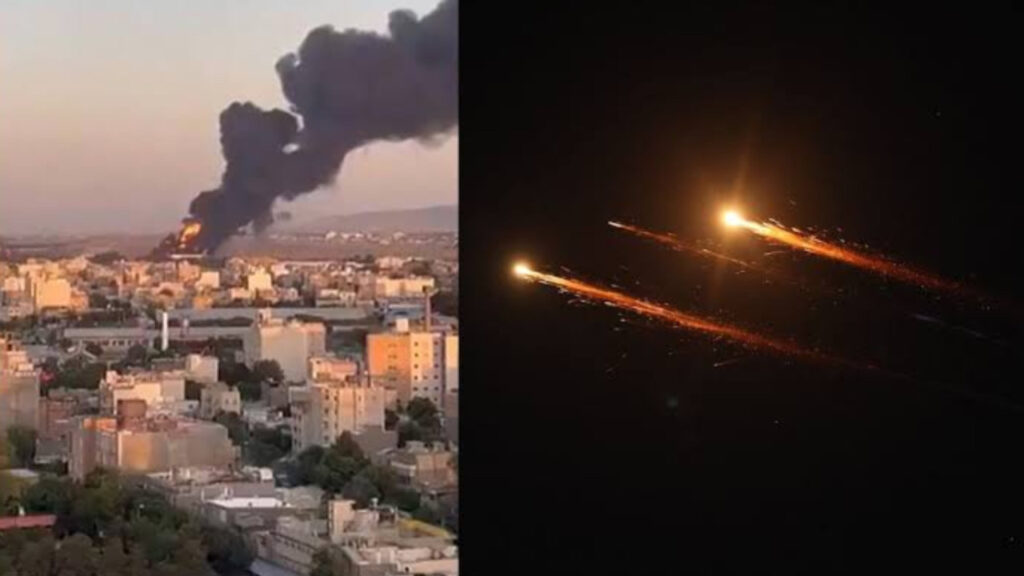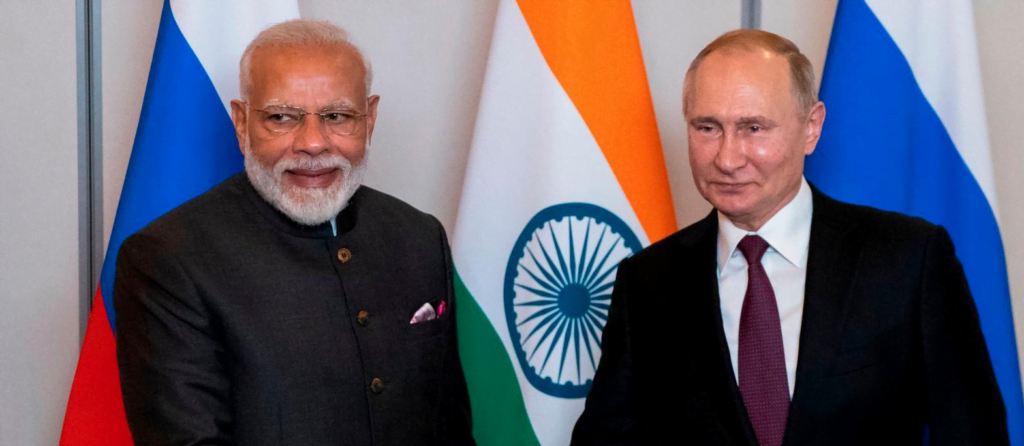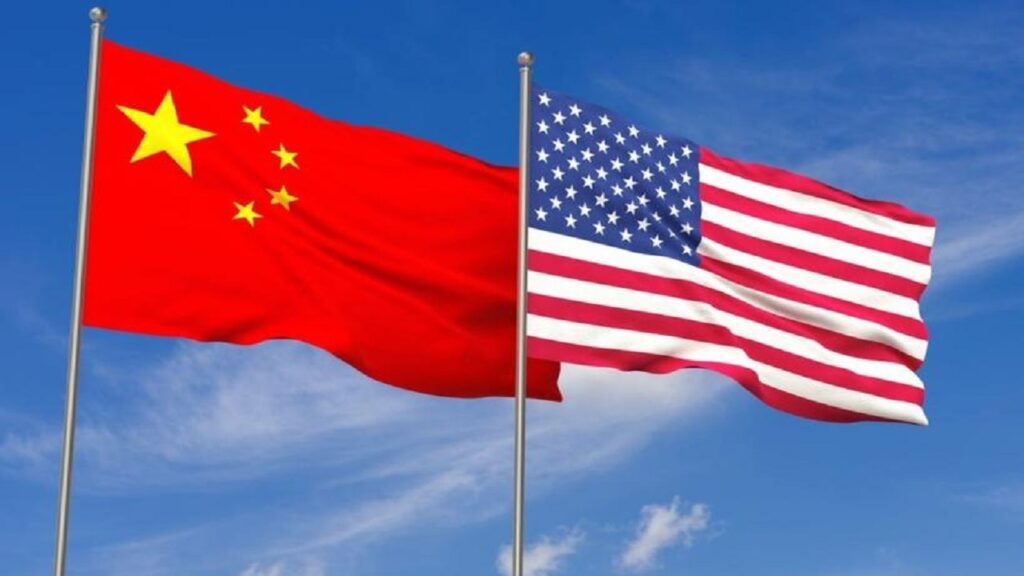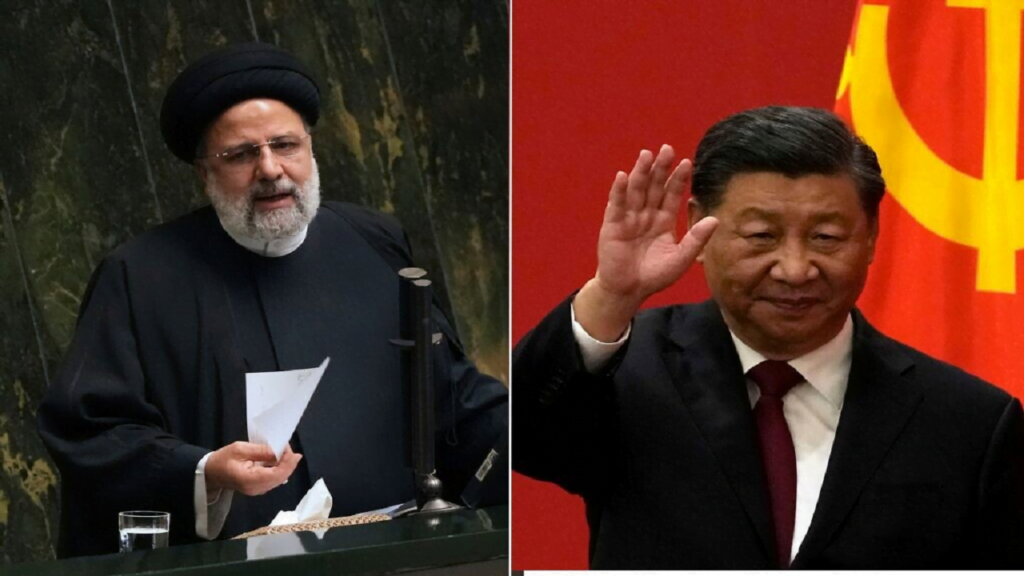Iran Israel
The ongoing conflict between Iran and Israel intensified on Friday, marking the eighth straight day of heavy cross-border exchanges. According to reports from regional sources, Iran launched another barrage of missiles targeting key locations in Israel, heightening concerns over the possibility of a broader regional war.
The fresh wave of missile attacks underscores the deepening hostility between the two nations, which have been locked in a cycle of retaliatory strikes since the beginning of the latest escalation. Explosions and sirens echoed across several Israeli cities as defense systems intercepted many of the incoming threats, although reports suggest that some missiles did reach their targets, causing infrastructure damage and civilian panic.
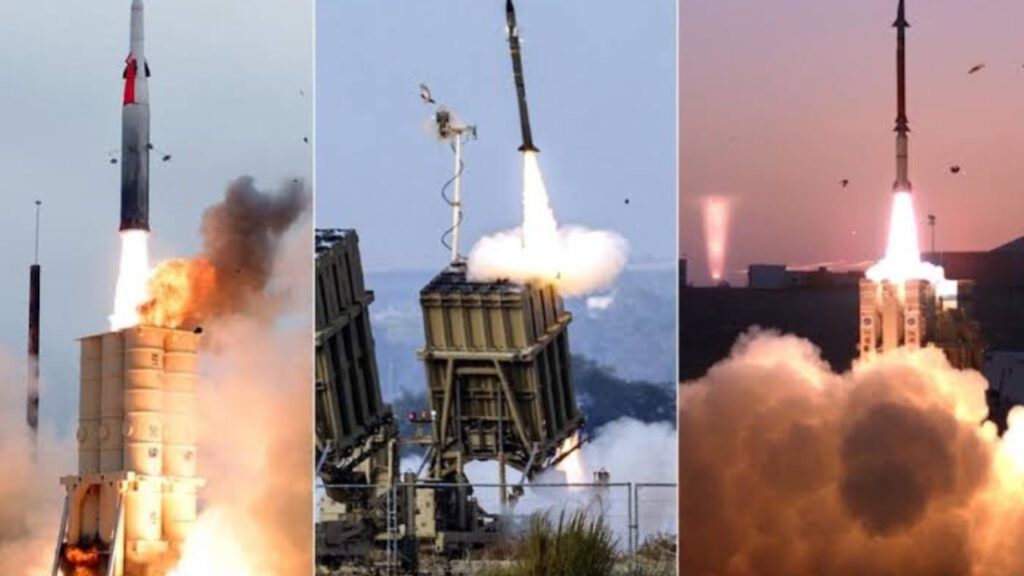
Strike
In a parallel development, Iranian Foreign Minister Abbas Araghchi addressed the United Nations Human Rights Council in Geneva, where he strongly condemned Israeli strikes on Iran’s nuclear facilities. Labeling the attacks as “grave war crimes,” Araghchi warned the international community about the potential consequences of unchecked aggression in the region.
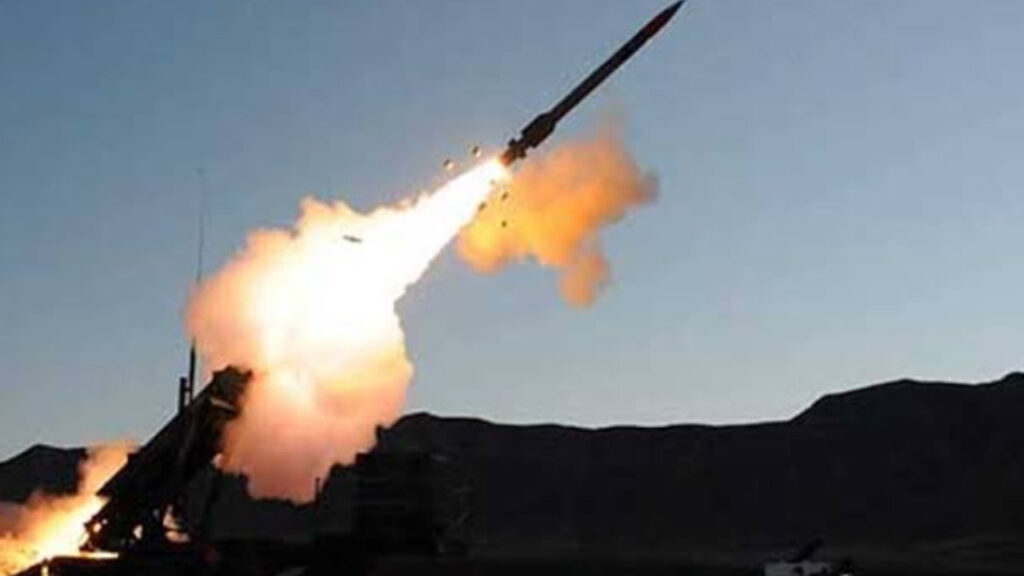
“The deliberate targeting of peaceful nuclear installations is not only a violation of international law but also a reckless provocation that could lead to widespread disaster,” Araghchi said during his speech. He called upon global powers and human rights organizations to intervene diplomatically to prevent further escalation.
While both sides continue to accuse each other of initiating hostilities, the ground reality remains grim. Hundreds have been injured and dozens reportedly killed in the week-long violence, including civilians caught in the crossfire. Humanitarian organizations have urged for an immediate ceasefire to allow aid and medical supplies into affected areas.
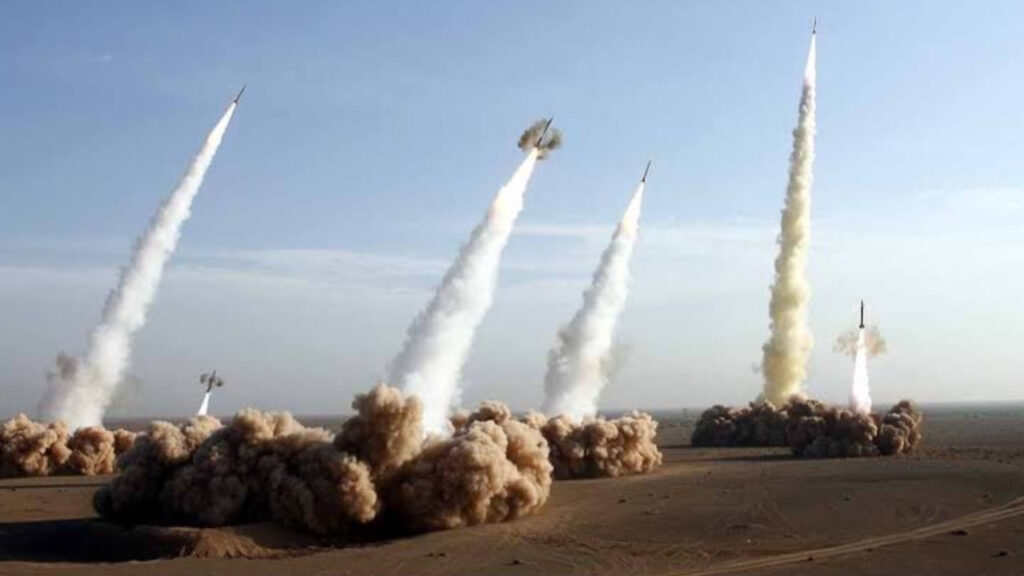
International Reaction
In this article we will tell you the international reactions also, International reactions have been mixed. Some countries have called for restraint and negotiations, while others have taken sides, further complicating diplomatic efforts. The United Nations has scheduled an emergency session to discuss the crisis, although no clear resolution appears in sight.
Analysts believe that the targeting of Iran’s nuclear infrastructure by Israel represents a dangerous red line. If the situation is not contained soon, the conflict could drag neighboring countries into a much larger confrontation. The ongoing instability also raises concerns about the safety of global energy routes and regional economic disruptions.
As the world watches closely, the pressing need for dialogue and diplomacy has never been greater. Without immediate international mediation, the Iran-Israel conflict threatens to spiral beyond control, bringing with it devastating consequences for the entire Middle East.

